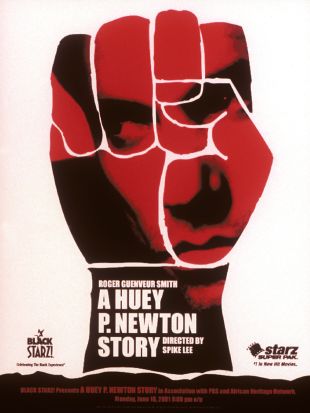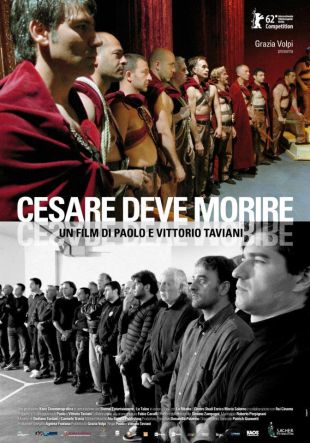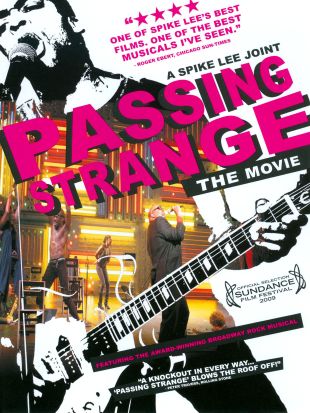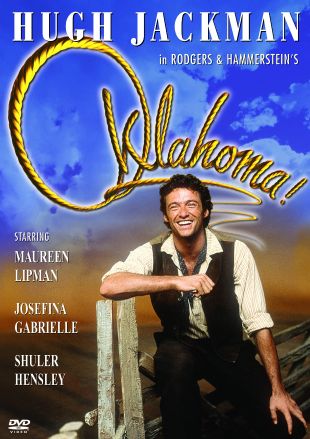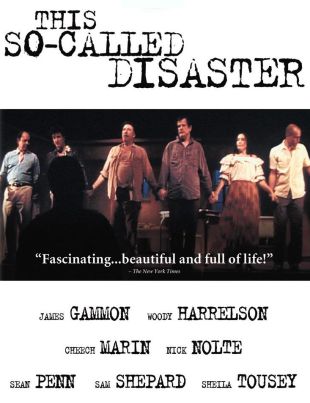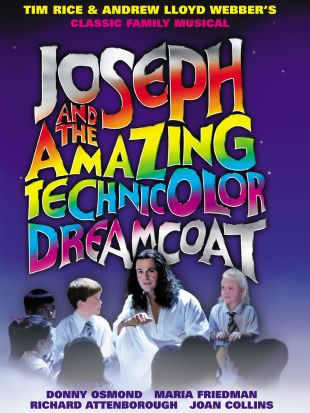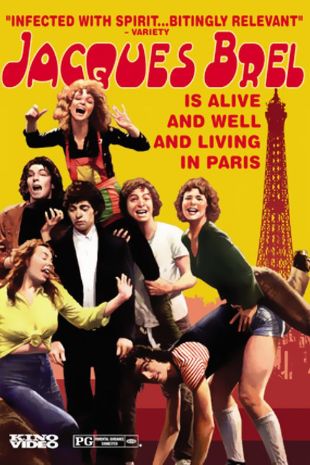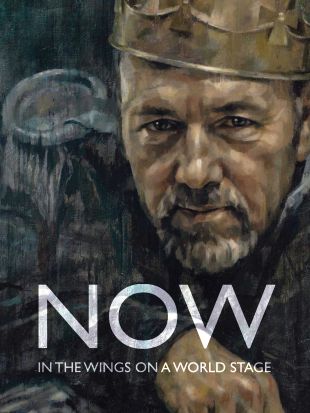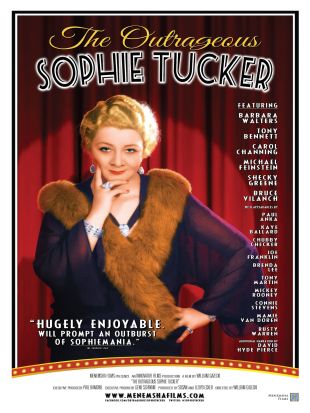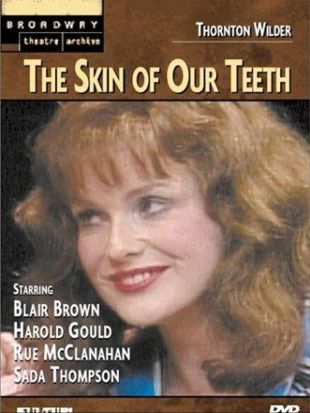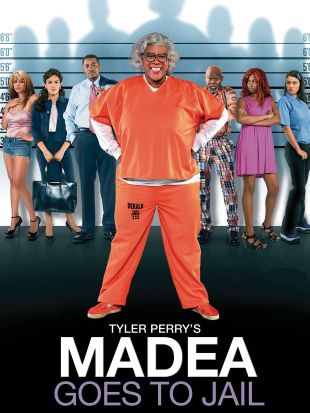Bloomer Girl (1956)
Directed by Alex Segal
Genres - Music, Romance, Culture & Society, War |
Sub-Genres - Filmed Play |
Release Date - May 28, 1956 (USA) |
Run Time - 75 min. |
Countries - United States |
MPAA Rating - NR
Share on
Synopsis by Hal Erickson
Irregularly scheduled on NBC from 1954 through 1957, Producers' Showcase was a series of lavish, full-color 90 minute specials, bringing the best of Broadway to the 21 inch screen. The series' May 28, 1956 presentation was an adaptation of the hit Broadway musical Bloomer Girl, which originally played for 654 performances during the 1944-45. Composer Harold Arlen and lyricist E.Y. Harburg were clearly under the influence of Oklahoma when they concocted this "integrated" musical (in every sense of the word), wherein the songs flowed naturally from the story and the characters, a relatively new concept back then. Originally starring Celeste Holm, David Brooks, Joan McCracken and Dooley Wilson ("Sam" of Casablanca fame), the show was set in the town of Cicero Falls, New York in the waning months of the American Civil War. The heroine, Evelina Applegate (here played by Barbara Cook, twixt and tween her Broadway stints in Candide and The Music Man, is the daughter of the town's richest man, a manufacturer of women's hoop skirts. Rebelling against the notion of marrying the man of her dad's choosing, Evelina gravitates to her freewheeling aunt, Dolly Bloomer (Carmen Mathews), a pioneering Feminist whose insistence upon wearing the undergarments bearing her name ("bloomers", that is), strikes a blow against the "confinement" represented by the mounds of petticoats usually worn by the proper ladies of the period. In addition to donning her own pair of liberating bloomers, Evalina also joins Dolly in her abolitionist activities, helping slaves escape to the freedom by way of the Underground Railroad. The songs include "Right as the Rain", "When the Boys Come Home", "Got a Song", "Never Was Born", "Evalina", and "The Eagle and Me", a showstopper performed by the previously enslaved Pompey (Roy Spearman). Because Bloomer Girl was never filmed by Hollywood, this Producer's Showcase version is the only known visual record of the popular musical--if, indeed, any kinescopes exist outside of private collections.
Characteristics
Keywords
feminism
/_derived_jpg_q90_310x470_m0/ST_TDBOFS_2000x2841_Poster.jpg)
